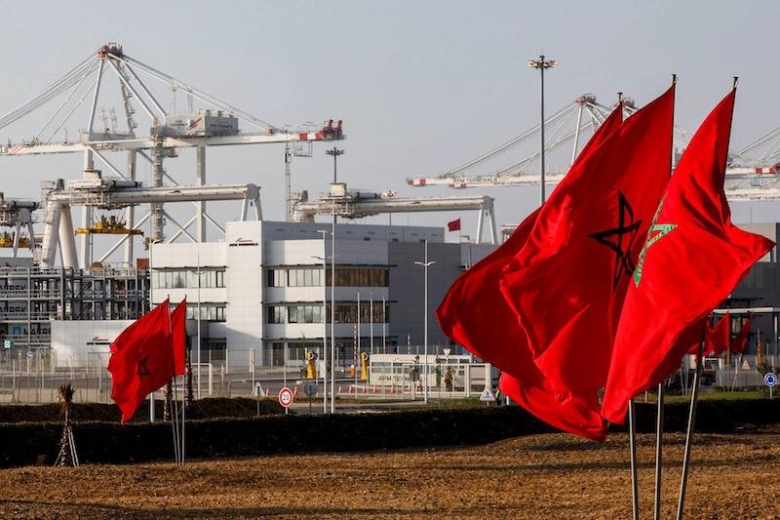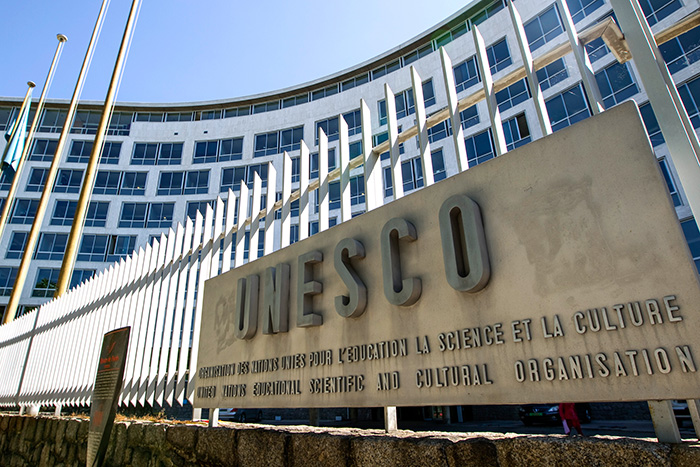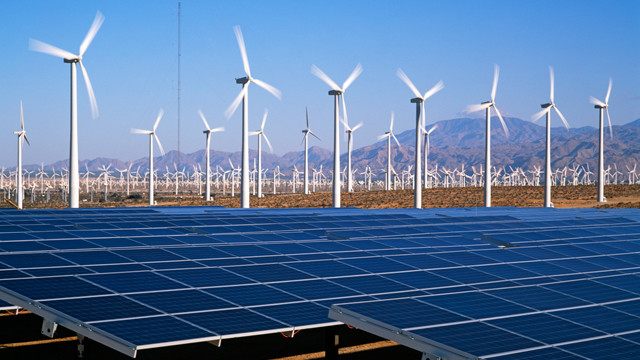The Chairperson of the African Commission, Moussa Faki, on Wednesday, warned during the meeting of the Executive Council of the African Union in the Ethiopian capital, Addis Ababa, of the deterioration of peace and security within Africa, after the increase in coup attempts, civil wars, and conflicts related to separatist movements.
Despite Moussa Faki's acknowledgment of the seriousness of the situation that Africa is experiencing, his words were not without diplomacy, as he avoided naming specific countries, and did not address the strange situation experienced by the organization that embraces a separatist movement and gave it the status of "state".
The 'Polisario' separatist movement
The "Polisario" represents a strange exception within the African Union, as it is the only one that has been granted membership even though it is a "state" without land and its "citizens" reside in another country and is not recognized by the United Nations or any other international or regional organizations.
The "Polisario" was granted membership in the African Union in 1984 under pressure from Libya, which was ruled by the regime of Muammar Gaddafi at the time, and with the support of Algeria, which had a strong influence in the organization back then, and the two countries bought the votes of African countries with funds, energy, and medical aid, as this was revealed by the former Tunisian Foreign Minister, Ahmed Wanis, in February of last year.
The "Polisario", which Morocco classifies as a terrorist organization, is one of the reasons for threatening peace in the North African region. It is not only an armed organization, but it also announced, in November of 2020, the end of its commitment to the cease-fire that was signed with the Kingdom of Morocco under the auspices of the United Nations in 1991, which means that it threatens to ignite an armed conflict in the west of North Africa.
Ethiopia and the conflict over Tigray
Ethiopia, which hosts the headquarters of the African Union, is one of the countries that still support the "Polisario", although this country is currently engaged in an armed conflict with the Tigray People's Liberation Front, which the government of the current Prime Minister, Abi Ahmed, has classified as a terrorist organization.
The interesting thing is that this separatist organization was established in conjunction with the establishment of the “Polisario”, specifically in 1975, and this organization represents one of the most dangerous aspects of armed rebellions in Africa.
The Tigray war that broke out in November of 2020, came after the current Prime Minister’s decision to end ethnic parties by merging them into a national party called “Prosperity”, its results were almost catastrophic for the entire country after the armed front managed during the past year to control the region and advanced towards several strategic cities and towns before the army regained control of the situation last December and forced it to pull out.
South Africa and Western Cape
Another country concerned with fueling separatist rebellions in Africa without being isolated from them is South Africa, which has a strong influence within the continent, especially in the countries of the south, and which, along with Algeria, is the strongest supporter of the "Polisario".
However, South Africa is not far from the scenario that it supports. In this country, the Cape Party adopts a discourse of secession for the Western Cape, which covers an area of 130,000 square kilometers and has a population of 6.5 million. Calls for secession have increased since the party's founding in 2007. This party considers the region to be an "occupied country", as it is based on Article 235 of the Republic's Constitution, which allows peoples with cultural and linguistic distinction to establish an independent state, and this applies to the aforementioned region. And if this happened, it would represent an economic blow to this country, as it would cut off from it "Cape Town", one of its most important and wealth-producing cities.
Angola and Cabinda
The same thing is repeated with the Republic of Angola. This country is an ally of South Africa and Algeria and a supporter of the "Polisario" front, as it has been engaged in a conflict for decades with the "Cabinda Liberation Front", Cabinda which covers an area of approximately 7,300 square kilometers with a population of 300,000 people, knowing that "the establishment of the state" Located between the Democratic Republic of the Congo and the Republic of the Congo, it took place in August of the year 1975, at the end of the Portuguese colonial period.
If the Moroccan Sahara, with an area of 266,000 km, belongs historically and geographically to the Kingdom of Morocco, and the demands of the "Polisario" around it are classified as secession, not independence, the situation for Angola is more complicated, because Cabinda does not have any borders with the Angolan lands and the latter annexed it on November 11, 1975, by agreement With Portugal, that is, only 5 days after the Green March that Morocco moved to demand the exit of Spanish colonialism.
Angola pays a severe tax in its struggle with the separatists around this region, the most prominent of which was the attack on the Togo team during its participation in the 2010 African Cup hosted by Angola, when the rebels opened fire on the Togo team bus, killing 3 members of the mission, which gave a very negative picture of the security situation there, and also brought back to the fore the old separatist demands for the region, which dreams of establishing an independent republic.






